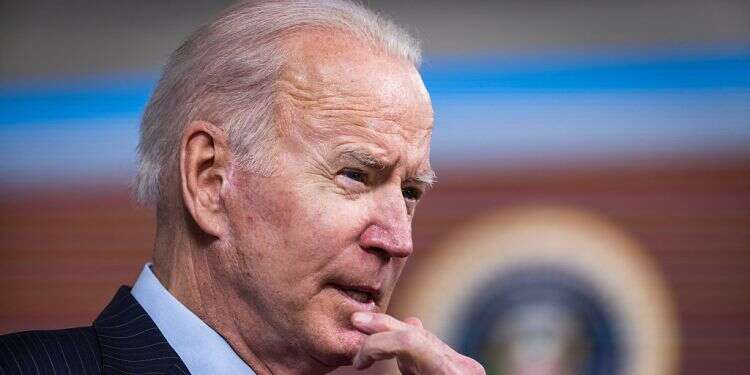One of the most ingrained conventions in American politics – and one of most unfounded – is the prevailing belief that the people shape their electoral decisions based on considerations closest to their consciousness, well-being, and core beliefs, that are rooted primarily in economic, social, and cultural dimensions.
Follow Israel Hayom on Facebook, Twitter, and Instagram
However, American history shows us again and again that the picture is in fact far more complicated: Sometimes foreign affairs and defense matters have a decisive impact on the ballot, especially when they are seen by wide sectors of the public as influencing the global perception of the United States as a superpower, the image it projects and the ability of its leaders to display leadership and influence. This while preserving the founding ethos of the US as a beacon of morality, providing inspiration and support to countries fighting for their survival against the axis of evil and destruction.
Thus, for example, in 1995, President Bill Clinton, sent some 20,000 troops to the battlefields of Bosnia, as part of a wider force established by NATO, in the wake of the massacres committed by Serbian forces against civilians in Srebrenica and Zapa. The military intervention came despite Russian support for the murderous regime of Serbian President Slobodan Milosevic, who was forced to give up power and ended his life as a prisoner at the International Criminal Court in the Hague
It is only when US military intervention becomes an ongoing, futile and expensive affair (such as in Korea, Vietnam, Iraq, and Afghanistan) that American public opinion turns its back on its leaders and their policies.
Today, seven months before the US midterms, where a third of the Senate and all of the House of Representatives are up for election, the Ukrainian tragedy is emerging as a major issue for a significant majority of the American public. All the early signs clearly point that it will play a key role if the Democrats lose their majority in both houses (a possibility that has far-reaching political significance and will dramatically reduce President Biden's future maneuvering space).
Opinion polls show beyond doubt that the White House amateurishly missed the moment of grace that could have connected the two camps, Republican and Democrat, that are so polarized on domestic issues, and failed to travel back in time to the Cold War era when there was a bipartisan consensus on foreign and defense affairs.
The opposite is true: From the start of the Russian invasion of Ukraine, and even more so today as the unfathomable dimension of the war crimes that Putin's troopers are committing in the country become transparent for all to see (as the massacres in Bucha bear witness), the US President continues to be dragged against his will on a path of diplomatic and military support for Zelenskyy, but his policy continues to be cautious, controlled and overly hesitant, despite the bipartisan support in Congress and public opinion.
Domestic and foreign criticism of the administration and the parsimonious aid offered to Kyiv crosses party boundaries and may, in tandem with surging inflation, may bring to an end President Biden's control – albeit tenuous – of both houses.
The numbers speak for themselves. In view of the fact that the recently approved military aid package for Ukraine does not include game-changing weapons that could shift the battlefield dynamic, it is not surprising that support for the president has dwindled to a low of 40 percent. The US demand to suspend Russia from the UN Human Rights Council is a mockery – a vacuous and meaningless act (especially given the biased and untrustworthy nature of the organization).
In other words, what we are witnessing is a stark contradiction between the aggressive rhetoric adopted by President Biden and his anemic and stuttering practical response. This contradiction raises severe questions about the measure of the commitment of the liberal administration to come to the aid of its partners, including those whose survival hangs in the balance.
In summary, the question arises whether the desire to minimize as far as possible the risks inherent in deepening support for Kyiv justifies the complete neglect of the American ethos. And doesn't the desire to disengage from the conflict zones and wars – that is currently pushing the White House to sign another shameful agreement with Iran – erode the moral foundations of American leadership, leaving the international arena to other forces that could fill the vacuum.
In seven months' time, the American public will give its opinion on these fundamental questions and will most likely signal the beginning of the end of the Biden administration.
Subscribe to Israel Hayom's daily newsletter and never miss our top stories!




